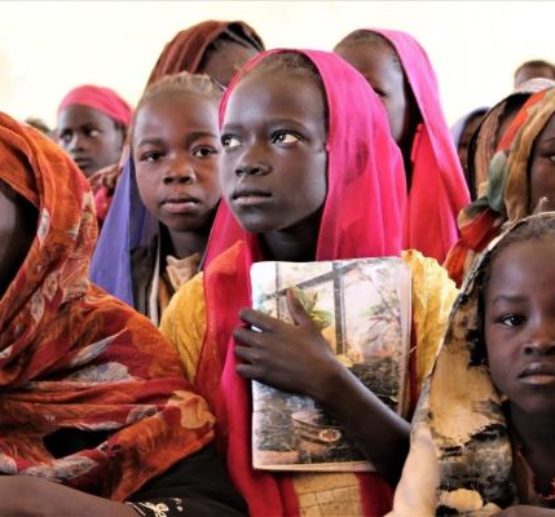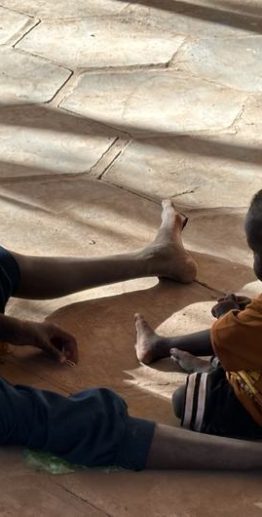Persecution of Darfuri Students Underscores More Subtle Approach to State Repression
As the genocide in Darfur began to make international headlines, subsequent intervention by the international community in the form of a joint UN-AU peacekeeping force (UNAMID) forced the regime in Khartoum to scale down the level of violence it was inflicting on its black non-Arab minority. Yet Omar al-Bashir has utilized a host of means to continue his campaign of repression, notably the criminal justice system as well as civil society.
This was illustrated by the arrest of two Darfuri students on August 27th in the Khartoum Bahri Criminal Court. According to Radio Dabanga, the pupils had been protesting against the trial of Mohamed Bukhari, who is accused by the government of murdering a senior leader of the student wing of the ruling Islamist National Congress Party (NCP). The secretary of the group was killed following clashes between its supporters and Darfuri students at Sharg El Nil College on April 29. Around 150 NCP students, with the backing of school guards, allegedly attacked members of the Darfur Students Association during a meeting on campus.
Darfuri students have long been subject to discrimination, ranging from arbitrary detention to a massive eviction from Khartoum dormitories last year. The Sudanese Committee against Racial Discrimination asserted that such policies are part of the ‘’systematic exclusion targeting of certain ethnic groups and the implementation of ethnic cleansing policies’’. Furthermore, Darfuri students also face persecution by the NCP, which has a history of inciting violence against pupils from Sudan’s remote region. At a press conference it was organizing, an NCP student group declared to its supporters that Darfuri students should be prohibited from entering universities or organizing themselves politically, and that those who fail to comply should ‘’be burnt in his or her room’’.
While the use of the legal system by an authoritarian government to repress its own people is nothing new, Khartoum’s use of civil society organizations to carry out its agenda demonstrates how comprehensive its campaign of ethnic repression has become. In spite of this, Darfuri students continue to exhibit an unyielding propensity to organize themselves in defense of dignity and justice. Such resilience is perhaps the reason why the regime in Khartoum finds it imperative to go after students in the first place.



